Data
New IReNA Online Seminar Organizing Committee
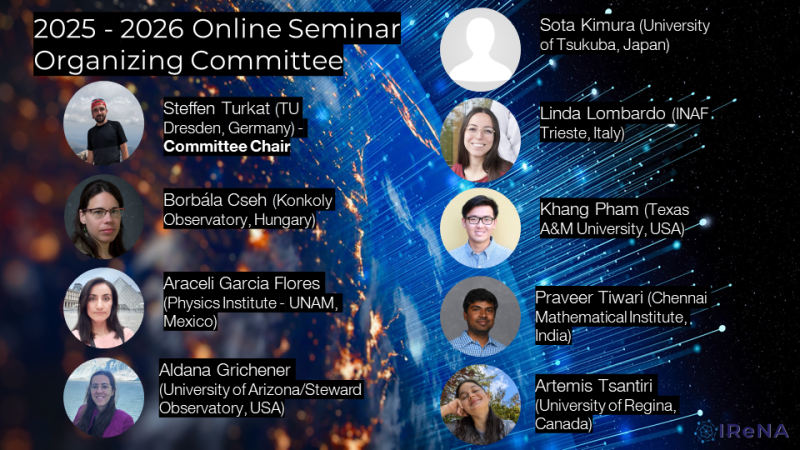
We are pleased to introduce the members of the 2025-2026 IReNA Online Seminar Organizing Committee!
The IReNA Online Seminar Organizing Committee is a multidisciplinary team of postdoctoral researchers from across the IReNA member networks. Their combined expertise covers all research areas of interest for the network, and they are putting together an exciting scientific program for the upcoming academic year:
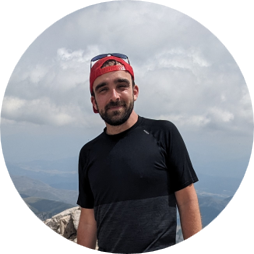 Steffen Turkat (TU Dresden, Germany), Committee Chair
Steffen Turkat (TU Dresden, Germany), Committee Chair
I’m a postdoctoral researcher dedicated to the field of experimental nuclear astrophysics focusing on reaction cross-sections relevant for Big Bang nucleosynthesis and stellar nucleosynthesis. I completed my PhD in 2023 working at the Felsenkeller shallow-underground laboratory in Germany and just came back to Dresden after a postdoctoral position in Padova, where I joined the LUNA collaboration. Currently, I’m exploiting the potential of the DT neutron generator laboratory of TU Dresden, which is an exceptional facility for investigating plenty of my favorite scientific fields: Nuclear physics, neutron physics, fusion research and nuclear astrophysics.
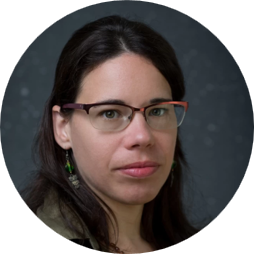 Borbála Cseh (Konkoly Observatory, Hungary)
Borbála Cseh (Konkoly Observatory, Hungary)
I am a postdoctoral researcher working at Konkoly Observatory (Hungary), in the group of Maria Lugaro. I recently completed my PhD at the Eötvös Loránd University in Budapest (Hungary). My main research interest is about comparing AGB nucleosynthesis models with barium star abundances based on high resolution spectroscopic observations to verify and improve our knowledge about the s-process in AGB stars.
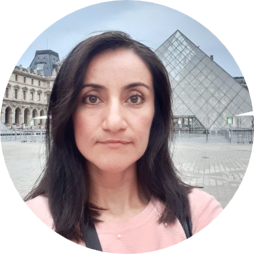 Araceli Garcia Flores (Physics Institute - UNAM, Mexico)
Araceli Garcia Flores (Physics Institute - UNAM, Mexico)
My academic background is in experimental nuclear physics, currently I am working in the analysis of nuclear reactions of interest in nucleosynthesis, particularly in the indirect measure of neutron capture cross sections.
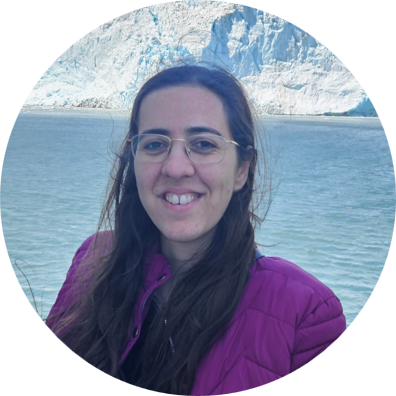 Aldana Grichener (University of Arizona/Steward Observatory, USA)
Aldana Grichener (University of Arizona/Steward Observatory, USA)
I am a theoretical and computational astrophysicist interested in the connection between nuclear astrophysics and stellar evolution. I am currently a Steward Observatory Theory Fellow/IAU-Gruber Fellow in the University of Arizona and Steward Observatory. I have been working on a broad range of topics, including but not restricted to r-process, high energy neutrinos, transients, binary interactions, supernova remnants, gravitational wave progenitors and machine learning for astrophysical purposes.
 Sota Kimura (University of Tsukuba, Japan)
Sota Kimura (University of Tsukuba, Japan)
I am a postdoctoral researcher at the High Energy Accelerator Research Organization (KEK). My research focuses on low-energy nuclear physics experiments, specifically on nuclear mass measurements using multireflection time-of-flight mass spectrographs and related studies.
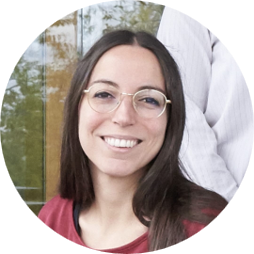 Linda Lombardo (INAF Trieste, Italy)
Linda Lombardo (INAF Trieste, Italy)
I am a postdoctoral researcher at INAF – Osservatorio Astronomico di Trieste. My research focuses on Galactic archaeology, the field of astrophysics that aims to unravel the history of the Milky Way through the study of its stellar populations. My main interests are the study of the chemical properties of old, low-mass stars and the investigation of the physical processes and formation sites of heavy elements using high-resolution spectroscopy.
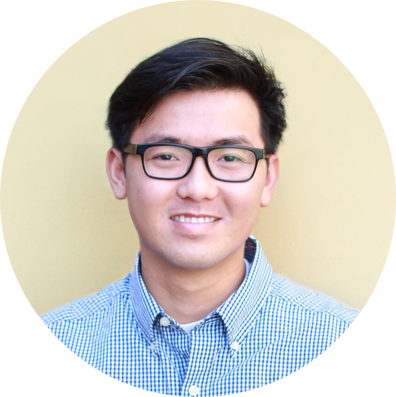 Khang Pham (Texas A&M University, USA)
Khang Pham (Texas A&M University, USA)
I am currently an experimental nuclear physics postdoctoral researcher at the Cyclotron Institute at Texas A&M University. My work thus far has focused on measuring nuclear properties to determine their effects on explosive nucleosynthesis in classical novae and Type I X-ray bursts. I am also experienced in the design of new detector systems for nuclear physics research.
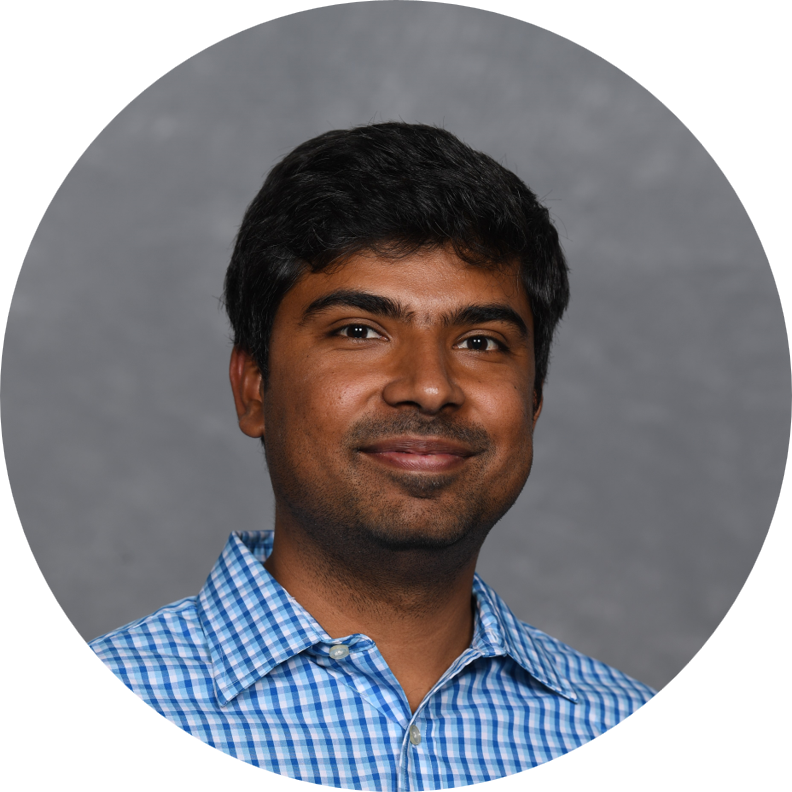 Praveer Tiwari (Chennai Mathematical Institute, India)
Praveer Tiwari (Chennai Mathematical Institute, India)
I am a postdoctoral fellow at Chennai Mathematical Institute and am interested in characterizing neutron stars, primarily through gravitational waves. I use machine learning and other statistical tools to improve the efficiency of inferring the equation of state of neutron stars using astrophysical observations.
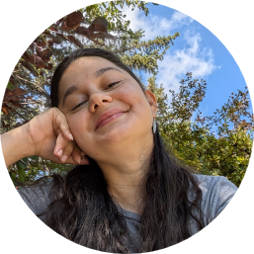 Artemis Tsantiri (University of Regina, Canada)
Artemis Tsantiri (University of Regina, Canada)
I'm a postdoc in nuclear astrophysics at the University of Regina in Canada, working on experiments at the TRIUMF laboratory. I obtained my PhD from Michigan State University, where I worked at the Facility for Rare Isotope Beams on proton-capture measurements for the astrophysical γ process.
